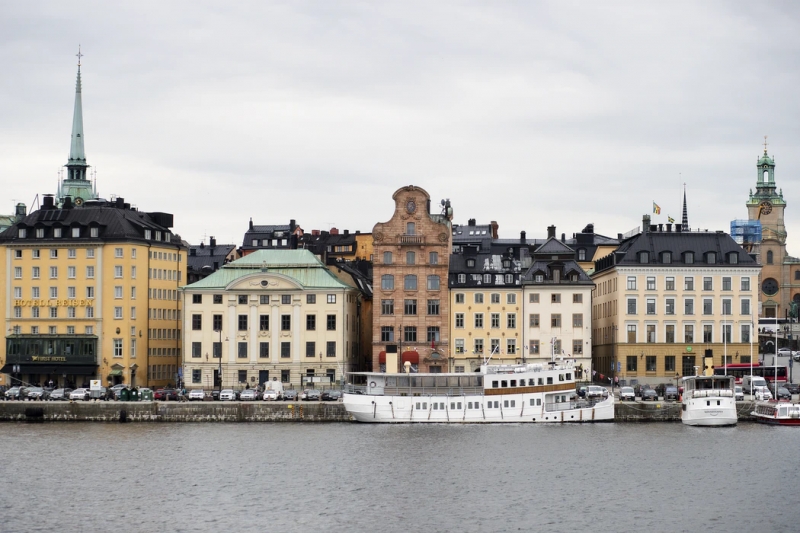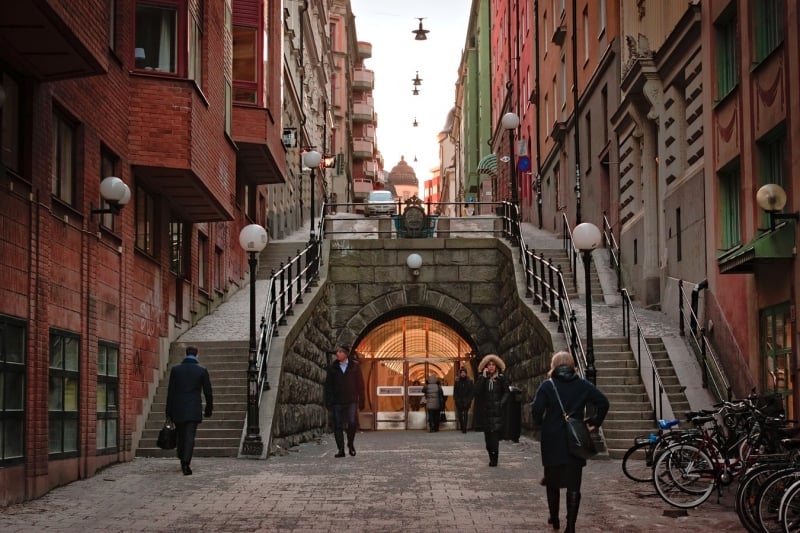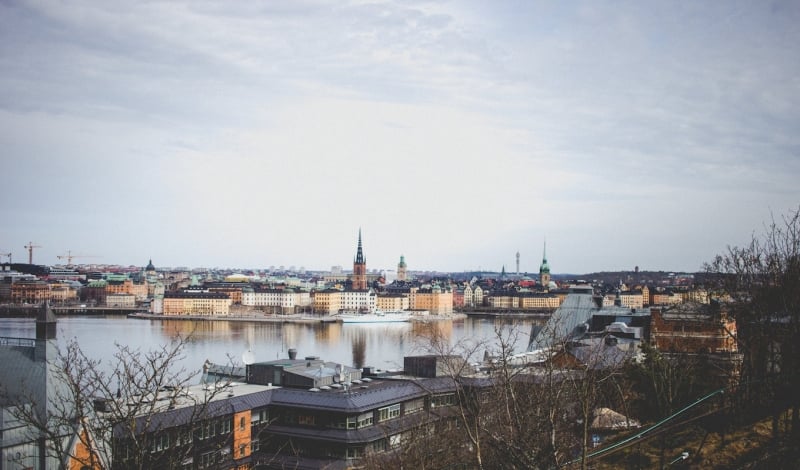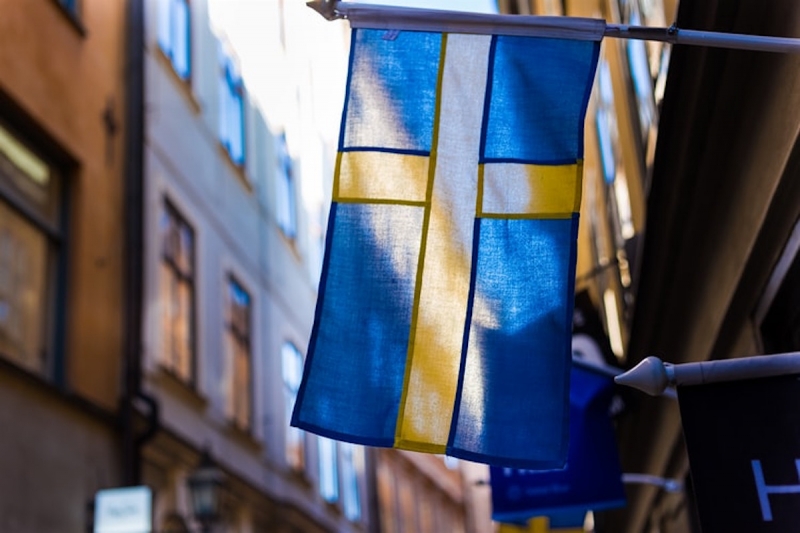Update as of 15 April 2020: Recent reports show a rising death toll in Sweden. This suggests a backfiring of the country’s herd immunity approach. As of this update, there are now 1,033 deaths and 11,445 reported cases due to COVID-19. Their death rate is also accelerating faster than neighbouring Nordic countries, and more local academics have called for a less relaxed approach. However, the government has yet to announce plans to change its strategy.
If someone told us months ago — say around early January — that the world would be how it is now, we probably wouldn’t have believed it. A world where nearly every street is quiet and deserted, with billions of people staying at home day in and day out, and where an impending economic crash is close by. All these used to sound so far-fetched until it no longer was.
But in Sweden, life seems to go on as normal. Or you know, as close to normal as it could possibly be amidst the COVID-19 global pandemic. Take the streets of the capital city, Stockholm, for instance. Sure, it might not be as bustling and lively as before, but one can still notice signs of (social) life everywhere. People still sit at outdoor cafés, teenagers still hang out in parks, and one can still do his/her errands with little to no hassle.
An unconventional and permissive approach

This is because the Swedish government has taken a liberal, albeit controversial, approach to handling the global health crisis. Unlike other countries that have imposed strict lockdowns, Sweden has decided to mandate social distancing only on known risk groups. While authorities have advised the general public to practice social distancing (including working from home) as much as possible, self-isolation only strictly applies to those above age 70.
Gatherings of more than 50 people are prohibited — leaving weddings, funerals, and Easter celebrations out of the question. High schools and colleges have also been closed. However, Sweden has kept its borders open, as well as its preschools and grade schools, bars, restaurants, parks, and shops. So, yes, life seems to go on as usual as it could be. Mass outbreaks are unheard of, unlike in other countries on lockdown. Hence, Sweden has garnered global attention for its approach that’s rooted in herd immunity.
What is herd immunity anyway?

Herd immunity is when a large number of people in a community become, well, immune — either by surviving the infection or developing immunity to it. This then supposedly stops the contagious disease from spreading further. It’s a form of indirect protection, if you will. And Sweden is supporting this by refusing to require a lockdown or community quarantine.
Unlike here, the Swedish government doesn’t require people to stay at home. Naturally, the young and healthy citizens can still very much go out as they wish, though with some caution still. They are thus highly likely to spread the virus — although mostly asymptomatically, similar to how it is during a typical flu season.
These people will then eventually become immune to the coronavirus. As their system generates protective antibodies, it would make it harder and harder for the virus to reach and infect the elderly with underlying health conditions. Simply put, herd immunity rests on this statement: just wait until enough people get it.
It’s a potentially effective but truly unnerving proposal that many wouldn’t dare consider. But if Sweden does turn out well, once the coronavirus has subsided, then perhaps the concept of herd immunity just might stand a chance.
Also read: Blood Type ‘A’ More Vulnerable To Coronavirus, Study Reveals
How is Sweden faring compared to other countries?

As of this writing, the Swedish government maintains its liberal approach that puts a substantial amount of trust to its citizens. In sum: if you’re well and healthy, feel free to go out but keep a safe distance from others; if you’re immuno-compromised and/or experiencing COVID-19 symptoms, then that’s when you don’t go out. When in doubt, go for the responsible choice for the greater good.
For comparison, the current COVID-19 death rate in Sweden is at 40 deaths per million of population. This is actually significantly lower than the Swedish death rate during an annual flu season, which is approximately 80 per million of population. Meanwhile, in similar small European nations like Switzerland, the COVID-19 death rate is almost twice the number in Sweden. In Norway — which has a culture quite like Sweden, since they’re neighbouring countries — there are fewer reported deaths than Sweden. However, they have a higher rate of COVID-19 ICU admissions.
This then begs the question: if lockdown and community quarantine really were effective, then shouldn’t Sweden have a death rate immensely higher than those in Italy and New York City? Quite the opposite actually, as Sweden currently has 591 reported COVID-19 deaths (as of this writing) among its 10.1-million population.
In fact, there are reports that the COVID-19 ICU admissions have been flat or declining for over a week now. Most of these admissions are elderly with underlying conditions, while pediatric ICU cases or deaths are actually zero. And this is in a country where primary schools are still up and running.
Other responses from scientists and the academe

Of course, this herd immunity approach has gained some criticisms for its supposed passiveness. It’s a far cry from other countries imposing massive restrictions, such as closing down schools and private establishments. Some scientists have voiced out concerns. They deemed this tactic as “irresponsible” amidst a global pandemic that has killed over 52,000 people in Europe alone.
Some of Sweden’s academics have even addressed the government in an open letter, calling for more transparency towards this prevention strategy. However, the country’s current chief epidemiologist, Anders Tegnell, argued that though these relatively permissive policies are an anomaly, they’re more sustainable and effective in protecting the public’s health than other countries’ drastic measures.
“The goal is to slow down the amount of new people getting infected so that health care gets a reasonable chance to take care of them. And that’s what we all do in every country in Europe,” Tegnell said. “We just chose different methods to do it.”
Also read: Facts vs. Myths: What You Need to Know About the New Coronavirus
Where does this leave the rest of the world?

It’s true that the COVID-19 crisis has shown how some governments are more effective than others. However, it’s also true that not all countries are created alike (or equal). There are many other factors in play, such as local culture and common behaviours, climate, and healthcare systems.
What’s currently working effectively for Sweden might not turn out great for other countries. Although, at this point, is it even possible to for a country like, say, the United Kingdom, to switch tactics? Perhaps not.
In fact, some scientists and health experts have criticised Sweden’s herd immunity approach. They say it bears many similarities to an earlier plan by the UK. And that plan was abandoned when the modelling showed that, should they push through with it, there would be a staggering 250,000 deaths.





